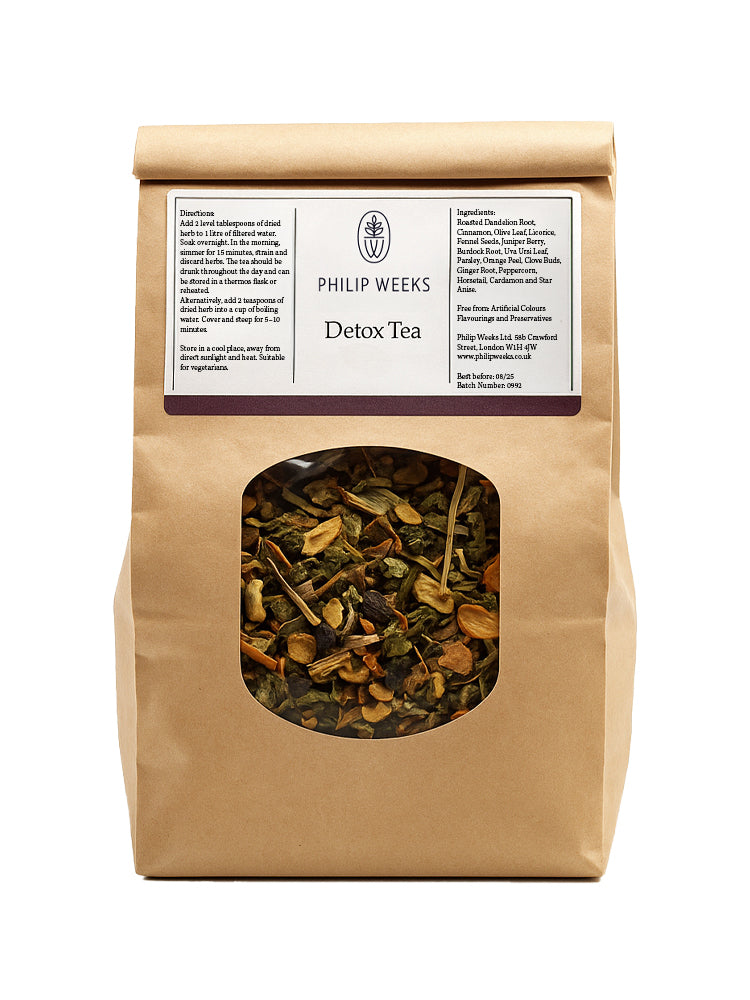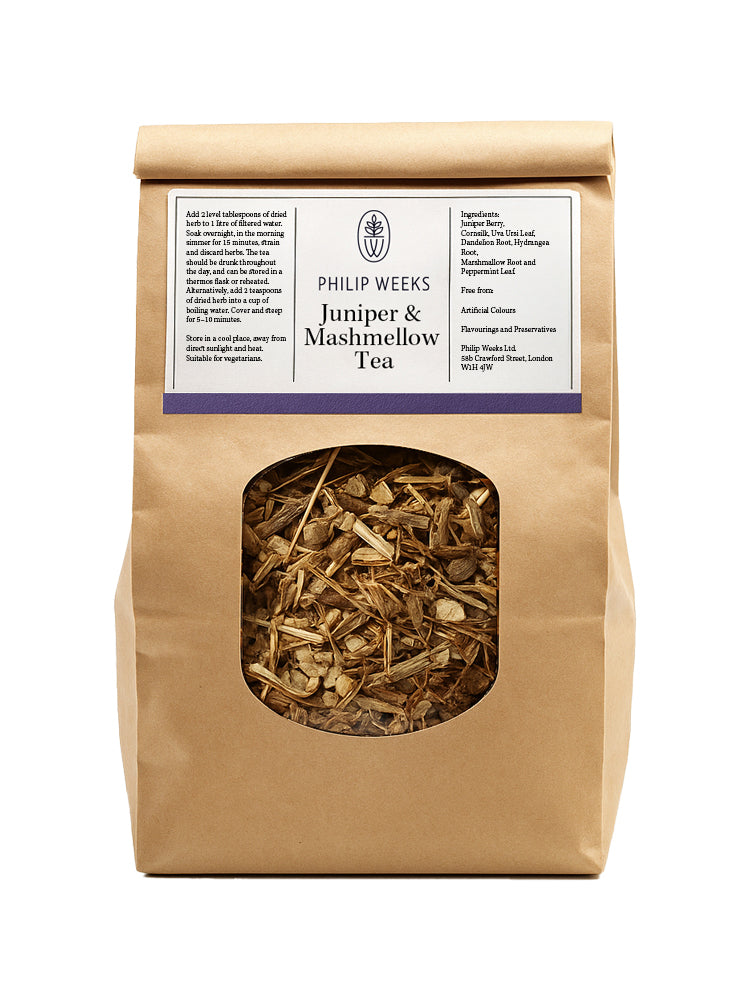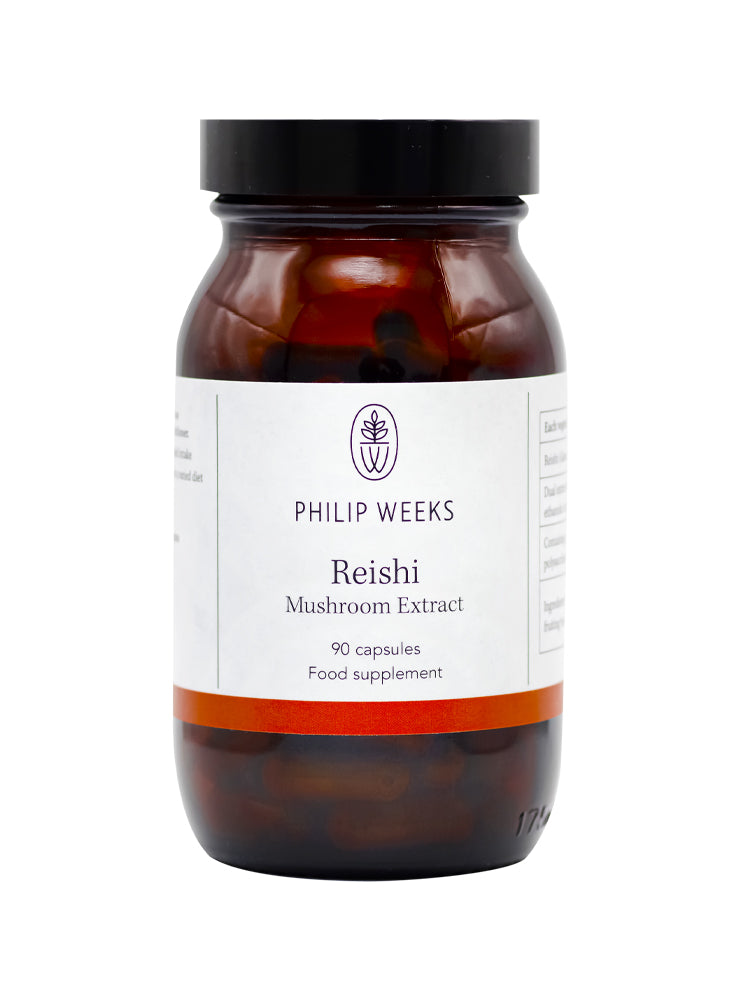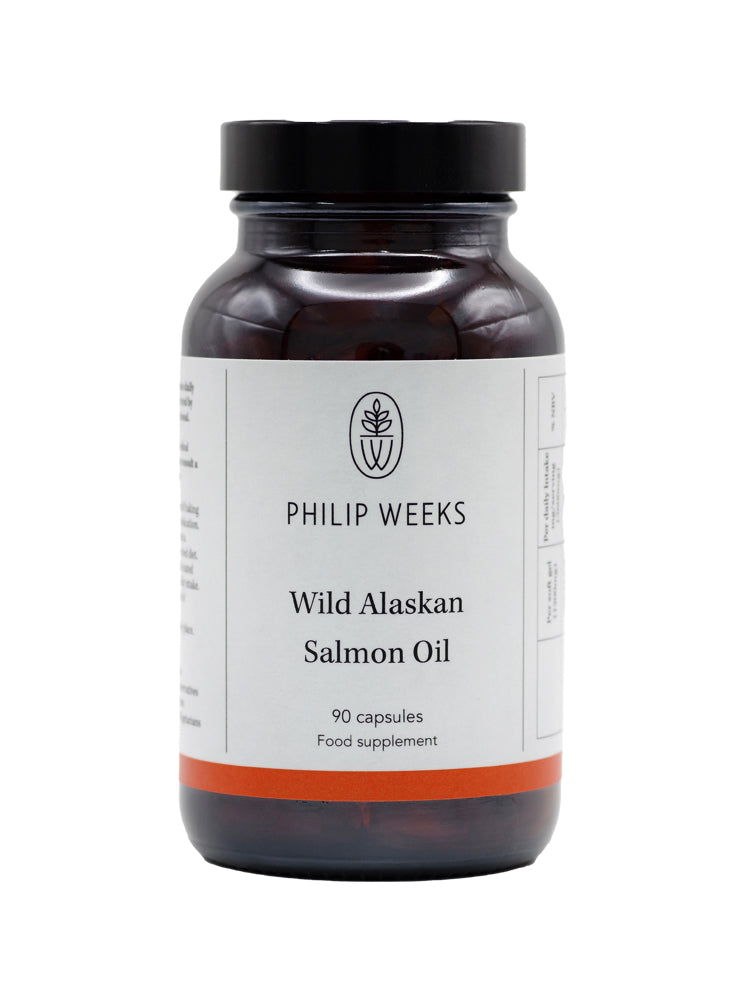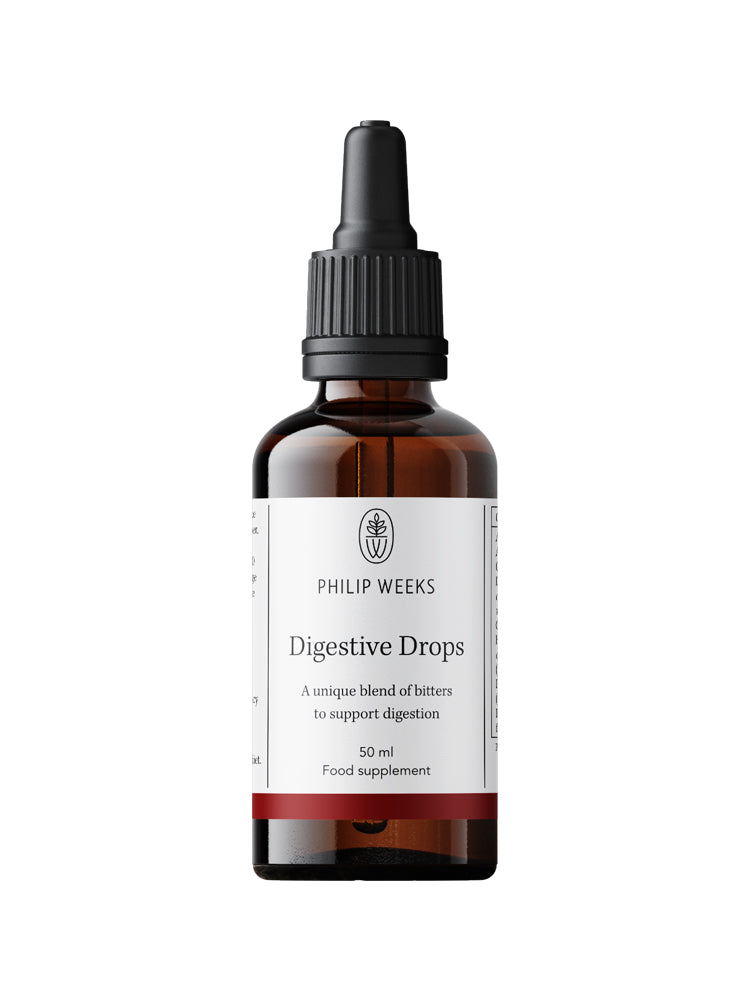We tend to think of digestion as something that “just happens,” a mechanical process of breaking down food and absorbing nutrients.
But digestion is deeply intertwined with our nervous system, and one of its greatest disruptors is something we all experience: stress.
How stress shuts down digestion
When we’re under stress, whether it’s from deadlines, family, conflict, poor sleep, or emotional strain, our body shifts into a sympathetic state, also known as “fight or flight.” In this state, our body prioritises survival: blood is redirected away from your digestive organs toward your muscles, heart, and brain.
This stress response has a profound effect on digestion:
-
Stomach acid production decreases, making it harder to break down food (especially protein)
-
Bile flow slows, impairing fat digestion and detoxification
-
Enzyme output drops, reducing nutrient absorption
-
Gut motility becomes irregular, leading to constipation, diarrhoea, or both
-
The gut lining becomes more permeable, increasing food sensitivities and inflammation
-
Gas and bloating become more common after meals
What makes this worse is if we eat on the go, in front of screens, or while still in a stressed state, all of which prevent the body from switching into “rest and digest” mode, where digestion functions optimally.

Stress and the gut’s immune system
Our gut is not just a digestive organ; it's also home to about 70 to 80 percent of our immune system. This immune environment is tightly integrated with the nervous system, the microbiome, and the gut lining.
When we’re under chronic or acute stress, emotional, physical, or even low-grade lifestyle stress, it activates the hypothalamic-pituitary-adrenal (HPA) axis and the sympathetic nervous system, leading to a cascade of effects on the gut.
How stress affects the gut’s immune system
Most of us know that stress affects how we feel, but it also affects how we digest and how well our immune system works, especially in the gut. Since around 70 percent of our immune system lives in the gut, stress can cause real imbalances that lead to bloating, food reactions, and more frequent illness.
Here’s how it happens:
Stress makes the gut lining “leaky”
When we’re stressed, the body releases hormones like cortisol. These can weaken the gut lining, making it too permeable, often called "leaky gut."
This means:
-
Partially digested food particles, bacteria, and toxins pass into the bloodstream
-
The immune system overreacts, causing inflammation and possibly food sensitivities
Stress lowers gut immunity (secretory IgA)
The gut has its own immune defence system, including something called SigA, a protective layer that helps fight off viruses, bacteria, and toxins.
When we're stressed:
-
SigA levels drop
-
Our gut becomes more open to infections and imbalances
Stress upsets the gut bacteria (microbiome)
Stress can change the balance of bacteria in our gut, known as dysbiosis.
What happens:
-
Good bacteria decrease
-
Harmful bacteria increase
-
This leads to more inflammation, digestive problems, and even mood changes
Stress increases inflammation
Stress triggers the release of inflammatory chemicals (called cytokines). These can:
-
Damage the gut lining
-
Make digestion worse
-
Affect how we feel mentally and physically
Stress disrupts digestion and nerve signals
The vagus nerve, which regulates both digestion and immune function in the gut, is suppressed under stress.
This results in:
-
Slower or erratic digestion
-
Less effective immune surveillance
-
Reduced gut-brain communication
-
Heightened visceral sensitivity (more pain and bloating perception)
How herbal bitters help reset the digestive system
One of the simplest ways to support digestion, especially when it's being compromised by stress, is to retrain the body to prepare for food. This is where herbal bitters come in.
Herbal bitters are plant extracts with a bitter taste that, when taken before meals, trigger the body’s natural digestive reflexes. But their benefits go far beyond taste alone.
Here’s how they help:
Activate the parasympathetic nervous system
The bitter taste stimulates receptors on the tongue that communicate with the brain via the vagus nerve. This promotes a shift into the parasympathetic state, the “rest and digest” mode needed for optimal digestive function.
Stimulate digestive secretions
Bitters enhance the release of:
-
Stomach acid (hydrochloric acid), essential for protein breakdown
-
Pancreatic enzymes, for complete nutrient digestion
-
Bile, which emulsifies fats and supports liver detoxification
This not only improves digestion but can also relieve symptoms like bloating, fullness, reflux, and sluggish elimination.
Support liver and gallbladder function
Chronic stress can impair liver and gallbladder function. Herbs like dandelion, artichoke, and gentian, commonly found in bitter formulas, help stimulate bile flow, supporting both fat digestion and detox pathways.
Calm the gut-brain axis
Some bitter formulas include herbs like chamomile and angelica root, which help soothe both the digestive tract and the nervous system. This dual action can be especially beneficial for stress-related digestive issues such as IBS, cramping, or irregular bowel movements.

The herbal ingredients in digestive bitters
Angelica root (angelica archangelica)
Warming and aromatic, angelica stimulates appetite and enhances circulation to the digestive organs. It’s traditionally used for bloating, indigestion, and tension held in the gut.
Artichoke leaf (cynara scolymus)
Promotes bile flow, supporting fat digestion and liver detox. It's particularly helpful for post-meal sluggishness, fullness, or fat intolerance.
Cardamom seed (elettaria cardamomum)
A sweet aromatic that eases digestive cramping, gas, and nausea. Cardamom helps reduce digestive tension, especially when stress shows up in the gut.
Dandelion root (taraxacum officinale)
A gentle liver and gallbladder tonic, dandelion stimulates bile and supports natural detoxification processes, key for hormone balance and digestion.
Fennel seed (foeniculum vulgare)
Traditionally used to relieve bloating and flatulence, fennel calms spasms in the digestive tract and supports a smoother, more comfortable post-meal experience.
Gentian root (gentiana lutea)
One of the most potent bitter herbs. Gentian strongly promotes the release of stomach acid and digestive enzymes, ideal for improving protein digestion and nutrient absorption.
Ginger root (zingiber officinale)
Well-known for its ability to reduce nausea, improve circulation, and speed up gastric emptying. Ginger is also warming, making it especially effective for cold, stagnant digestion.
Hawthorn berry (crataegus oxyacanthoides)
Traditionally known for supporting the heart and circulation, hawthorn is used in ancient Chinese medicine to improve the flow of gastric juices and support digestion.
Meadowsweet (filipendula ulmaria)
A gentle herb that soothes the stomach lining and balances acidity. Meadowsweet offers relief for heartburn or irritation caused by low digestive secretions or stress.
Aged Tangerine Peel (citrus reticulata)
Prepared by aging tangerine peel for many months before being made into a tincture. Used in Chinese medicine to move stagnant Qi in the digestive tract, reduce bloating, and support healthy digestion.
Wormwood (artemisia absinthium)
A powerful bitter herb with antimicrobial properties. Wormwood stimulates stomach acid and bile, and may also help rebalance gut flora, especially when digestive sluggishness is linked to dysbiosis.
Taking a few drops of Digestive Bitters in water before meals can help prepare the body for food, especially when stress has dulled the body’s digestive response.
It’s a small, mindful ritual that can help us:
-
Reduce bloating and heaviness
-
Support fat and protein digestion
-
Improve nutrient absorption
-
Calm the gut-brain connection
-
Reconnect with the rhythm of eating
More than a supplement — a signal to slow down
In today’s fast-paced world, many of us have lost touch with the calm, parasympathetic state that digestion depends on. By working with traditional herbs that stimulate, soothe, and support the digestive system, we can begin to restore what stress has disrupted.
Bitters like this aren’t just digestive aids; they’re signals to our body and nervous system to slow down, receive nourishment, and return to balance.
If you notice ongoing or significant changes in your digestion, it’s important to speak to your GP or a qualified healthcare professional to rule out any underlying health conditions.






